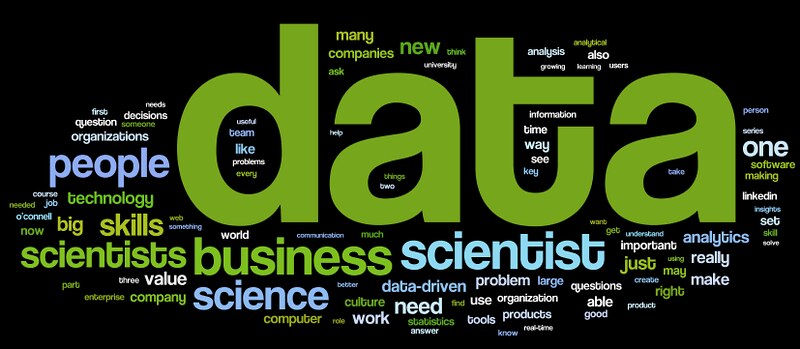Data Scientist: A popular career in the 21st century


It's not without reason that careers in data science have recently attracted a lot of attention. Data science has progressed from being limited to merely analytics and statistics to generating forecasts, making judgments, and taking actions that affect businesses big and small around the world. Data scientists possibly have the widest range of job titles and duties out of all the professions in the computer industry.
Utilising and arranging data for analysis is data science. The essence of data science is cleansing and arranging the data to help us make better decisions in the future, particularly when there is a wealth of data accessible.
Roles & Responsibilities of a Data Scientist
A data scientist will use mathematical, statistical, and computer science expertise to analyse data. Their multidisciplinary approach helps them to make sense of large repositories of data and make forecasts about and address problems that may crop up.
Here are 3 major roles and responsibilities of a data scientist:
Essential Skills Required To Be A Data Scientist
Understanding the skills that might make you a strong candidate is crucial since data science is a field that is continuously evolving and has applications across a variety of sectors.
Here are the top 5 essential skills required to be a good data scientist:
Roadmap To Becoming a Data Scientist
A data scientist's job is to examine data and interpret the findings in order to put them into practice for the organisation's gain. If you think you have a knack for examining data and making profits for an organisation then you should definitely pursue a career in data science.
Here is a classic roadmap to becoming a data scientist:
Career Opportunities for a Data Scientist
In most businesses, data science has important applications. A profession in data science is a wise choice since, in addition to being a booming sector and profitable, data may very well be the axis around which the whole economy spins.
Let’s take a look at some of the career opportunities available to a data scientist:
In order to give software solutions, machine learning engineers build data funnels. As well as having a working grasp of software engineering, they often require good statistical and programming abilities.
The design of an application's architecture, which includes elements like the user interface and infrastructure, is a primary concern for application architects.
Data Engineers are responsible for building and maintaining analytics solutions that create a strong link among big data within a company as well as making that information available to data scientists.
Data analysts support organisational leaders' decision-making by creating reports that clearly express patterns and learnings from their study. They can be working across sectors and departments.
Data is gathered, analysed, and interpreted by statisticians in order to find patterns and connections that might guide corporate decision-making. Hence, statisticians could find a place in any big corporate.
Nearly every industry, from government security to education applications and everything in between, requires data science specialists. Big data is essential to the success and improved customer service of millions of enterprises and government agencies - and data scientists are also the ones who facilitate proper handling of it. In fact, careers in data science are in great demand, and this trend is unlikely to change anytime soon.